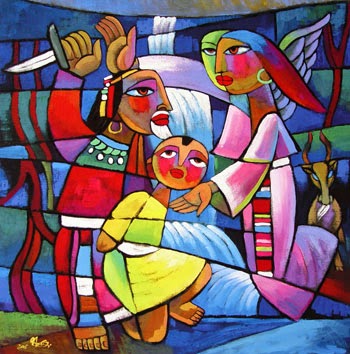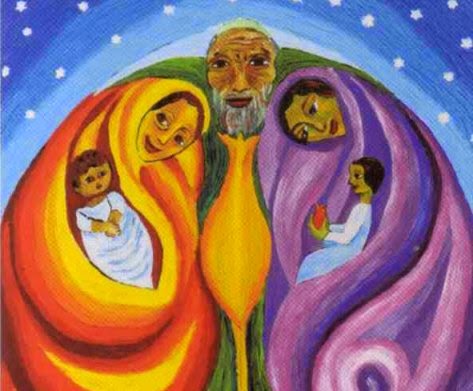Reflections on the text – Genesis 22:1-14

Read the text here: Genesis 22:1-18 Hineni = Here I Am! In many respects this story of the Sacrifice of Isaac (or, as it is known in Jewish Tradition – “The Binding of Isaac”) is one of the most difficult stories in the bible to interpret and for 21 st century believers to even hear. The principal objection centers around the issue of human sacrifice, or even worse, child sacrifice and the suggestion that God not only approves, but that God is the one who commands it. Even the fact that Isaac is not sacrificed in the end does little to compensate for the sense of revulsion we feel towards both Abraham and God in this story. So we reject and perhaps ignore the story. Or we come up with a couple favorite explanations that we use to explain it away. Perhaps the most prevalent of these explanations is that we want see the story as a story of beginnings and a transition from uncivilized cultures that practiced human sacrifice to the more humane ani...


